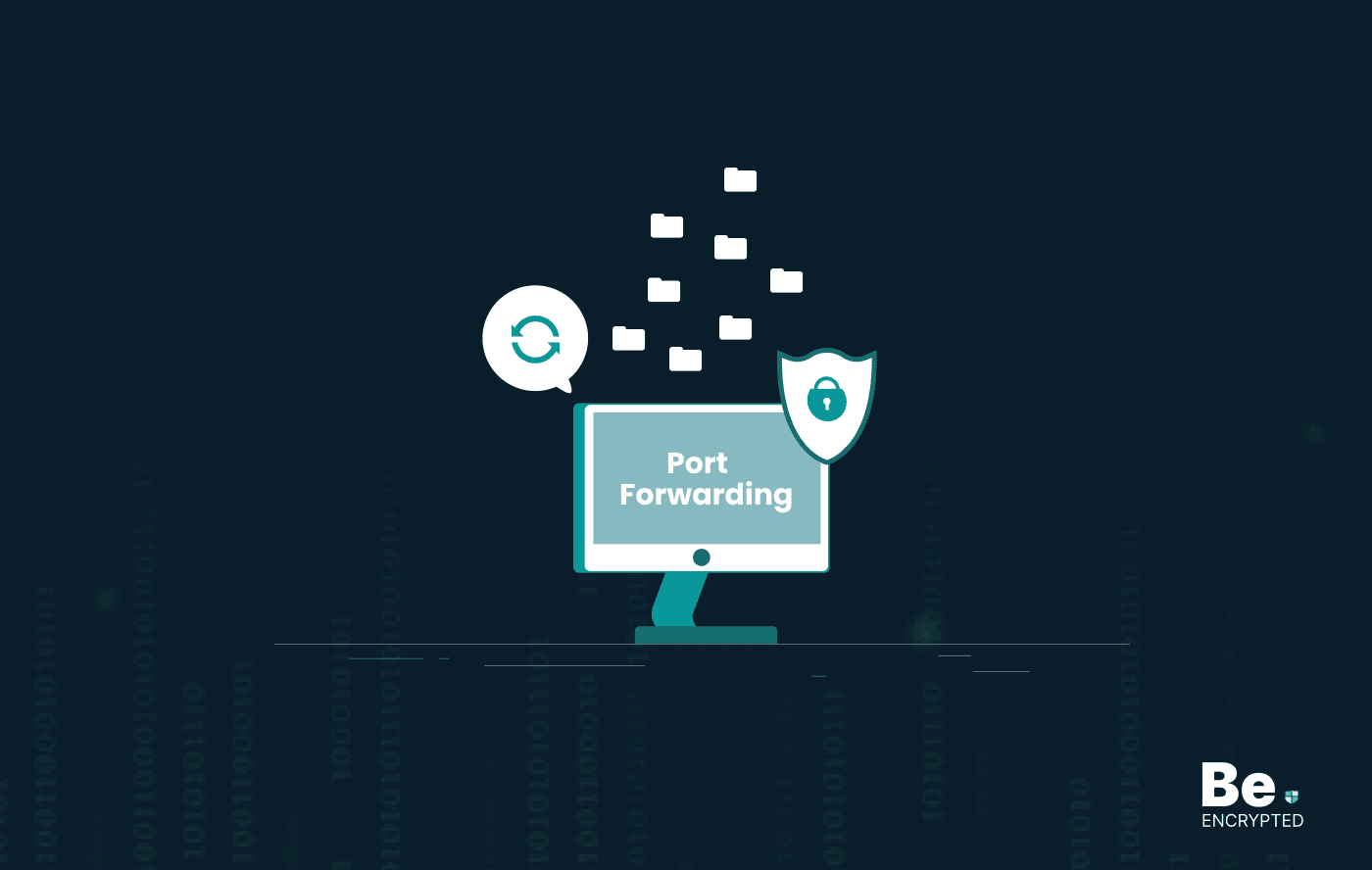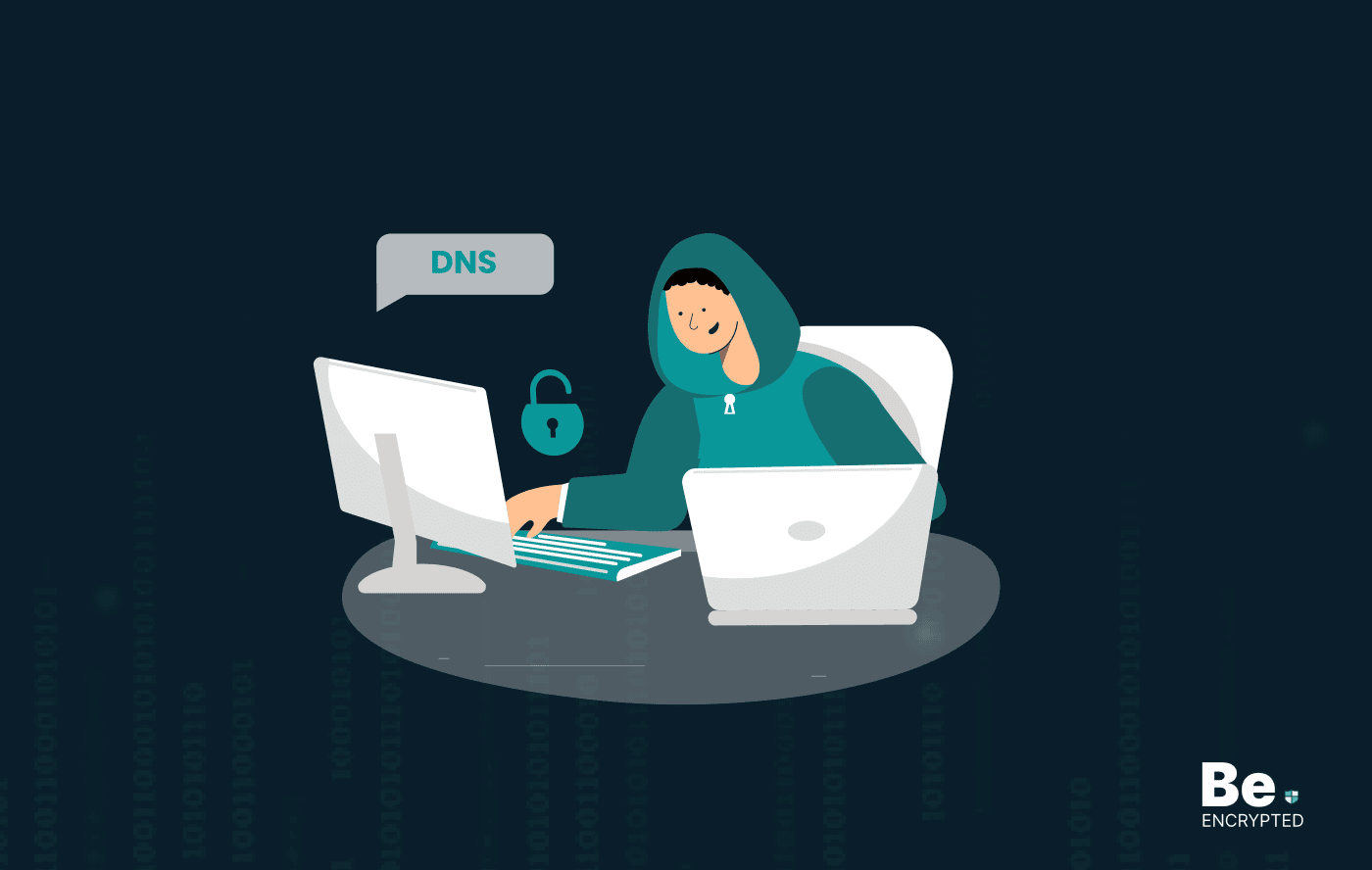Split tunneling is a VPN feature for anyone accessing foreign networks while connecting to their LAN. It lets you access the internet but still use other apps, such as Torrenting or Netflix, without compromising your privacy.
Since split tunneling is a complex feature that might be hard for many people to grasp, it is best to learn more about it. Many questions might emerge when you learn about the split tunneling feature.
This article will explain VPN split tunneling, how it works, and why you might want to use it.
What is VPN split tunneling?
Split tunneling is an advanced VPN feature that helps you control your VPN traffic better. It allows some traffic to go through the unencrypted network while the rest is tunneled through the VPN. Thus, you can use the unencrypted network for specific tasks while keeping your data safe.
It’s essential to know how a VPN works to understand how a VPN’s split tunneling feature works. When you browse the web, your device directly connects to the Internet, through which data is sent and received. But when you use a VPN, it creates a secure tunnel between your device and the VPN server. This means the VPN works by routing your traffic through an encrypted tunnel.
When you use the VPN’s split tunneling feature, your internet traffic is split. This gives you two connections, open and secure. You can choose the traffic you want to protect without losing access to the local network. The traffic you select goes through the VPN’s encrypted tunnel to the VPN server. Your request is forwarded to the Internet, but your IP address remains hidden.
In contrast, the traffic you don’t want to encrypt routes directly to the internet like it would when you’re not using a VPN. The excluded traffic shows your IP address and location, and the site works as usual.
Thus, you can protect your data without slowing down your other activities.
Types of split tunneling
There are various ways to route your data traffic using the split tunneling feature. Here’s a brief insight into it:
- App-based split tunneling: You can protect all connected apps and devices except those you exclude.
- Inverse split tunneling: You can secure only selected apps and devices.
- URL-based split tunneling: You can choose which URLs you want to encrypt via the VPN connection. You can do it by using a browser extension.
You can decide which apps, sites, and URLs you want to encrypt based on your activities.
What are the benefits of split tunneling?
A VPN’s split tunneling feature is helpful to both private and corporate networks. Though it depends on you if you want to use the VPN’s split tunneling feature, there are various situations where it benefits you. Some of them are as follows:
- Since not all the traffic routes through the VPN tunnel, it saves bandwidth and improves your internet speed.
- You can use the split tunneling feature to encrypt your torrent traffic while leaving the rest of your browsing untouched.
- It allows you to access more than one network at a time.
- You can use it to choose which apps use your actual IP address and which need the IP address of a VPN server. By doing so, you can stream the blocked streaming content.
- If certain apps or websites are inaccessible within your region, you can access them by enabling this feature.
- You can also increase the performance of the apps that are not routed via the VPN tunnel.
- It enables remote workers to access public networks from any location and protects their data from snooping eyes.
As a whole, split tunneling is an incredible VPN feature that improves the overall user experience.
What are its drawbacks?
The drawbacks of VPN split tunneling include decreased security and increased risk. Allowing some traffic to go through the unencrypted network allows you to open yourself up to potential attacks. Besides this, some other drawbacks are as follows:
- Some of the data traffic is still being sent over the unencrypted network, which can increase the risk of DNS leaks.
- Hackers can access data on an open connection and, using advanced technology, trace you in a secured network and steal your data. This is especially true if you’re using a smartphone.
- If employees use the VPN’s split tunneling feature, tracking productivity is challenging.
Hence, the split tunneling feature is not advisable for all the above reasons.
Is VPN split tunneling right for me?
VPN split tunneling is an excellent choice for people who want extra online privacy but don’t want to slow down their internet speeds. It is also a good choice for people who need more flexibility and fast downloading speed while using a VPN. If you are not concerned about decreased security and want to use the unencrypted network for tasks that don’t require a VPN, this feature is right for you.
However, If you are concerned about your security, VPN split tunneling is not the right choice.
Which VPN provider offers a split tunneling feature
Most VPN services offer a split tunneling feature. Some VPN providers that have this feature include:
This feature helps during torrenting, streaming, and gaming and improves internet speed.
Can you choose which traffic goes through a VPN split tunnel?
You can choose which traffic goes through a VPN split tunnel by setting up the VPN software to allow some traffic through the unencrypted network. You can do this by selecting specific applications or protocols to send through the VPN or choosing which devices will use the VPN.
Is the split tunneling feature safe to use?
VPN split tunneling is not entirely safe and poses some security challenges. It allows you to encrypt and secure certain online activities while connecting to the internet for other activities. Also, you can browse the web at maximum speeds. However, if you use strong encryption and correct tunneling protocol, your data will remain under the cover.
Share this article
About the Author
Rebecca James is an IT consultant with forward thinking approach toward developing IT infrastructures of SMEs. She writes to engage with individuals and raise awareness of digital security, privacy, and better IT infrastructure.
More from Rebecca JamesRelated Posts

What is VPN Encryption? It’s Types and Algorithims
Encryption is a method for enhancing the security and privacy of sensitive data or information that ...

Why is Opera VPN Not Working? How to Fix Opera VPN?
KEY TAKEAWAYS Opera VPN is a proxy service, not an actual VPN. That’s why it doesn’t wor...

VPN vs. Firewall vs. Antivirus: Which One is Better?
KEY TAKEAWAYS VPN, Antivirus, and Firewall are the most important tools to protect your online priva...

A Guide to Choosing the Right VPN for Downloading
How to hide downloading files from ISP? From the very start of the hilarious popularity of P2P file-...

What is Port Forwarding and How Does it Work?
Port Forwarding is a technique for redirecting computer signals between the local network and the In...

What is DNS Hijacking? How to Prevent and Fix it?
DNS Hijacking, also known as DNS Redirecting or DNS Poisoning, is a strategy used by cyber pillagers...


